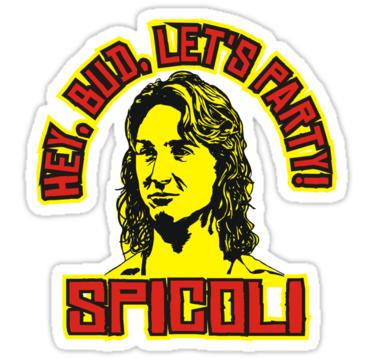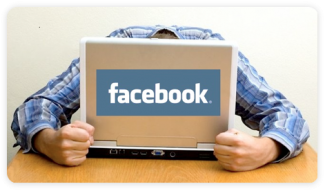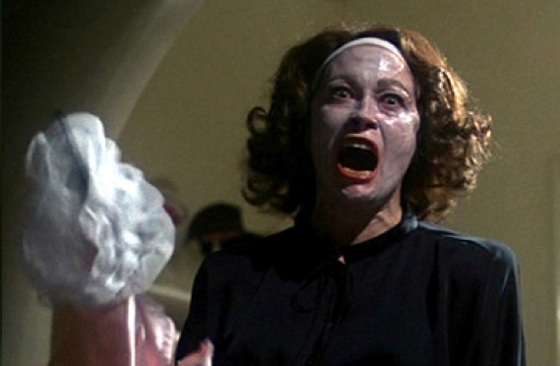Watching my kids in the Scouts makes me wonder what I’d be like today had I not been so against trying everything my parents suggested.
Mood music:
My parents were always trying to get me to join different organizations: The Jewish Community Center off of Shirley Ave. in Revere, Camp Menorah, etc. I rebelled against all of it.
My parents were right to push these things on me. I was in the fourth grade and they had just gotten divorced. It was a bitter, hate-filled, fight-infested divorce. They just wanted there to be someplace we could go to take our minds off the pain and focus on something positive.
The counselors at these places tried their best to make it happen. But I was a punk and treated them all with contempt. I especially hated Camp Menorah (my much younger sister, Shira, loved it there and was a counselor when she got older.). I didn’t get along with anyone and I felt they were robbing me of the freedom to roam the streets of the Point of Pines. The home neighborhood was safe enough and was surrounded by the ocean. I just wanted to hide in the tall grass behind Gibson Park.
Looking back, I feel bad for being such a rotten kid to these people.
Fast forward 32 years.Sean and Duncan are heavily involved in all the typical scouting activities: pinewood derbies, Blue and Gold banquets, frequent camping trips. I’ve been on three camp-outs with Sean, who just crossed over into Boy Scouts.
The dynamic is much different. We’re not trying to keep them from home to shield them from pain. We just see it as a great character-building opportunity. Besides, a lot of their friends are Scouts.
I would have made a terrible scout because my mind was in the gutter much of the time. I probably would have been kicked out.
The only thing I really took passion in besides my Star Wars toy collection was music. I watched MTV religiously. I collected every scrap of heavy metal I could get my hands on. Van Halen. Motley Crue. Alice Cooper. Kiss. Metallica. Anthrax.
It would have been immensely useful to me if there had been an activity where I could channel that stuff.
Nothing makes me think of this more than the music school my friends started down the street from where we live.

We first met Nancy Burger and her son Wolfgang around 2005 when we hired Nancy to babysit Sean and Duncan. Wolfgang was always with her, and my kids took a shine to him. Eventually we started taking turns watching each others’ kids.
Nancy and her husband, Mike DeAngelis, shared my taste for the same heavy rock music.
Eventually, Nancy and Mike — a longtime music teacher — pooled their talents and started a music school — DeAngelis Studio of Music & Arts — in an old building in Lafayette Square. They added an element that a lot of music schools don’t have — a rock school where students form bands and learn to perform live. Wolfgang, then 6 or 7, started playing bass and became part of a band the school put together with other kids his age called the Black Diamonds. We’v e seen them perform several times, and they’ve gotten quite good.
The kids have gone to concerts together. They got backstage and met the Scorpions. A couple weeks ago they saw Van Halen, which made me jealous as all hell.

In a way, their operation is a lot like Boy Scouts. They teach the kids the values of workmanship, teamwork and discipline. But there are no uniforms.
As a kid, I would have eaten it up. Who knows where that would have led me.
I don’t look back on what could have been with sadness.
I couldn’t be happier with how my life turned out. I wouldn’t trade my wife and kids for the world. I love my work.
I get to be creative through my writing.
I’m just grateful there’s a rock school for today’s youth.
I hope they keep at it for a long time to come.











